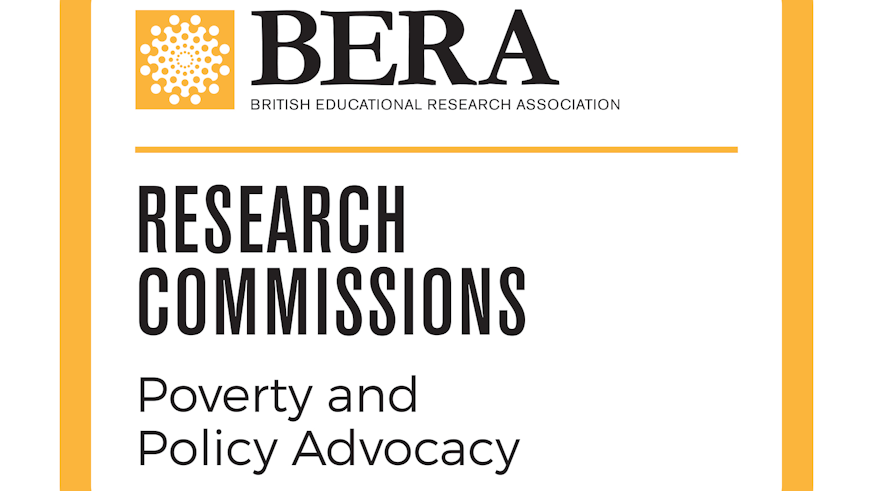Challenging deficit models of poverty
19 January 2016

An upcoming research event at Cardiff University (15 February) will challenge the increasing tendency of policy-makers to treat poverty as the fault of specific groups or individuals, such as parents or schools in low-income communities.
Deficit models of poverty, which focus on the individual sufferer rather than the social and political environment, will be challenged at the event, which is run through the British Educational Research Association (BERA). It is free to attend but pre-registration is required through: www.bera.ac.uk/events.
Leading academics conducting research in areas of low income in south Wales, in discussion with policy makers and head teachers, will explore the education and community policies in Wales that frame the ways in which schools and agencies imagine poverty and how this impacts on potential interventions designed to address the needs of children and young people in those communities.
Afternoon sessions will focus on the historical legacies of post-industrial communities, how knowledge is shared between generations, and explore ways to re-imagine and rethink what exactly we mean by poverty.
Professor Valerie Walkerdine, Cardiff University School of Social Sciences, said: “It’s extremely important that we start to resist using deficit models when working with people living in low-income communities. It’s all too easy to place the blame for poverty on the people who make up those communities and frame it as individuals failing to ‘better themselves’ when actually we need to focus on the wider contexts that both create and maintain poverty. This is particularly relevant in south Wales where we have communities still dealing with the problems caused by deindustrialisation.
“This event is an opportunity to discuss the complex production of poverties in ways that go beyond the simplistic ideas that ‘the poor are always with us’ so as to expand how we think about interventions with teachers and communities.”
This seminar is one in a series run by BERA’s Research Commission on Poverty and Policy Advocacy. More information available through: www.bera.ac.uk/events.
